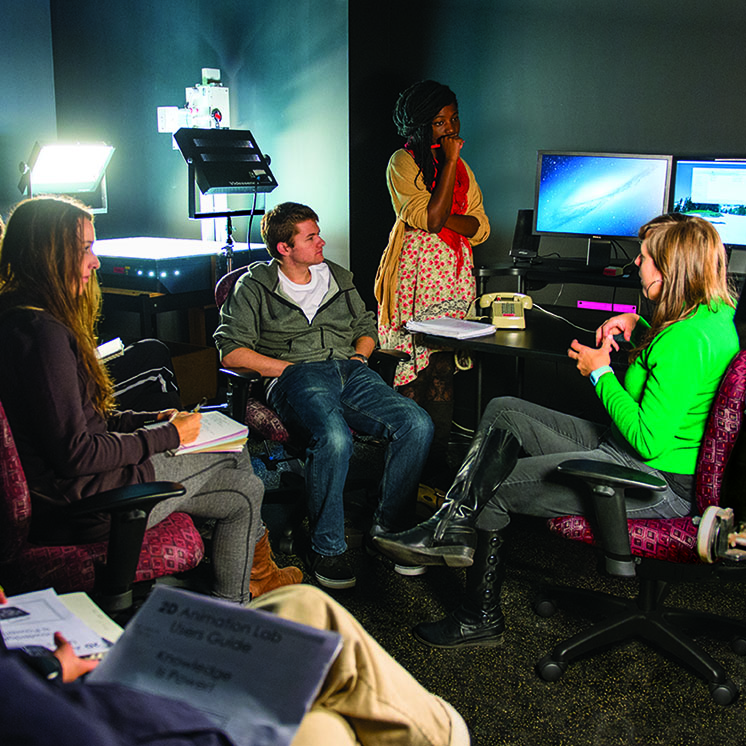Health and Human Development
Fall 2015 and Winter 2016 quarters
Taught by


Prerequisites
Human life begins as a combination of the parental genetic material in a single fertilized egg and, through development, it becomes an intricate and reactive organism composed of ten trillion differentiated cells. The nervous system alone contains hundreds of billions of cells, forming trillions of electrical connections and serving as the foundation for an immensely complex consciousness capable of thousands of thoughts and feelings per day. In this two-quarter-long interdisciplinary program, we will examine health and human development from evolutionary, developmental, physiological, integrative (allopathic and complementary), and psychological perspectives.
Within the psychological component of our program, students will explore the diagnosis and treatment of mental disorders and essentials of healthy development from a holistic perspective. This will include understanding the interaction between nervous systems and environment and examining Diagnostic Statistical Manual Mental Disorders (DSM) from developmental, sociopolitical, and cultural aspects. We shall also focus on the biochemical, psychosocial, and spiritual aspects of specific conditions (e.g., trauma, the repeated experience of not being good enough, the profound psychological effects resulting from betrayal, etc.) on the development of psyche and its impact on healthy/unhealthy development. The importance of mindfulness for staying healthy will be emphasized and students are encouraged to practice mindfulness daily. Attention will also be paid to the psychopharmacology of legal and illegal drugs. In addition, we will explore multicultural perspectives of health and human development. No one model will prevail over another, but rather an integration of ideas, concepts, and thoughts will be presented. Within the biological component, we will approach the human body from an evolutionary and structural/functional perspective. Starting at a molecular level (genetics, cell structure, biochemistry, and gene regulation) and building through cell processes to organ systems, we will examine the human body as an integrated system that reacts to physiological and environmental factors (diet, stress, disease, and pharmacology).
The program activities will provide students an opportunity to work collaboratively. Students will develop critical thinking, quantitative reasoning and writing skills and will learn that human health and development are complex, fluid, and dynamic through workshops, lectures, seminars, guest presentations, laboratory work, and group and individual projects. This is a full-time program and students will be expected to work efficiently for a total of 40 hours each week.
Program Details
Fields of Study
Preparatory for studies or careers in
Location and Schedule
Campus location
Olympia
Schedule
Offered during: Day
Advertised schedule: First winter class meeting: Monday, January 4 at 9am (Sem II A3105)
 my.evergreen.edu
my.evergreen.edu

 Fall
Fall  Winter
Winter